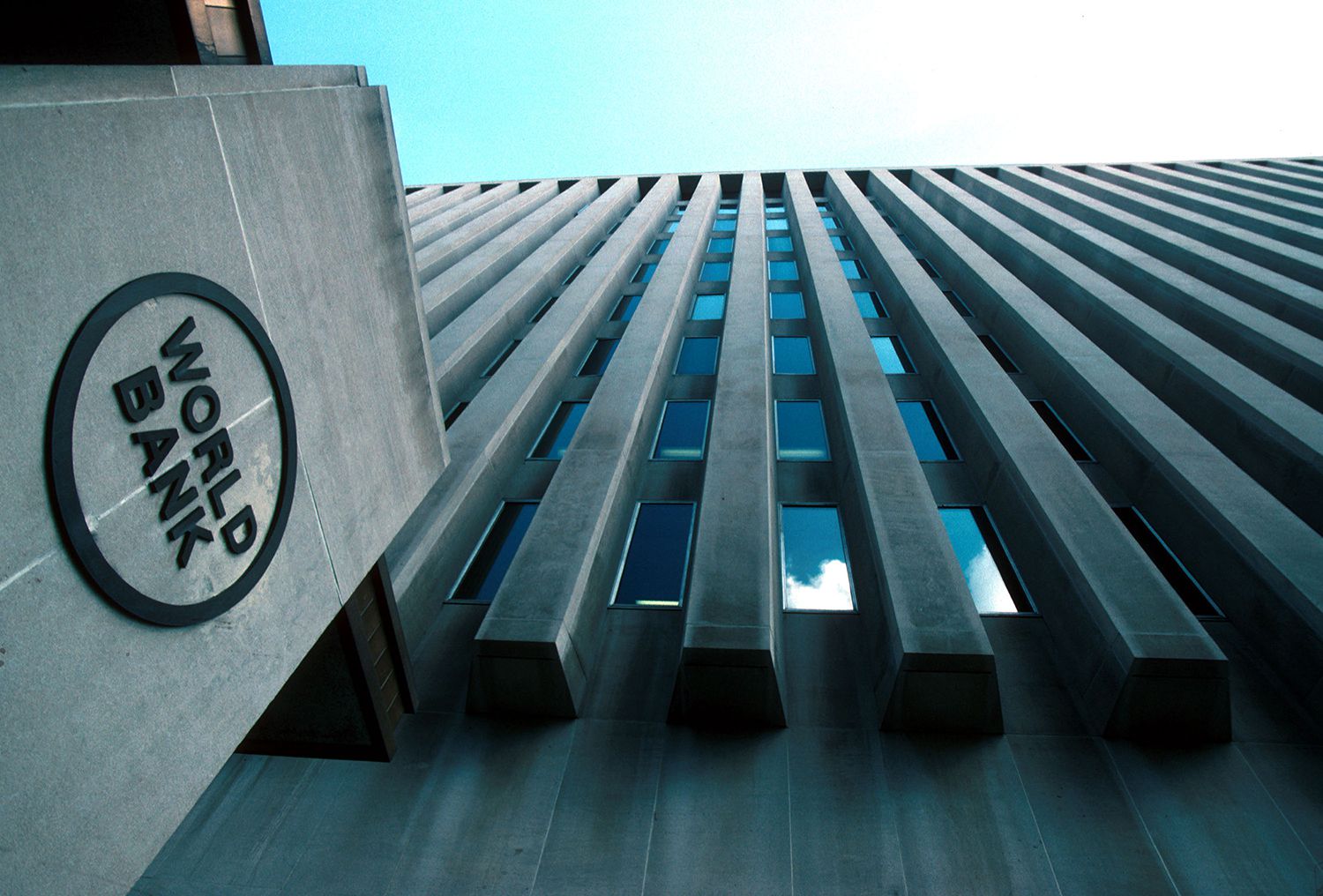Washington, US – World Bank has stated that higher public spending of the Maldivian government in the recent years has not translated into faster economic growth of the country.
“Maldives Public Expenditure Review : Restoring Fiscal Health” report released by the World Bank today stated that there is little evidence of higher public spending having a more meaningful impact on the overall level of growth in the short-term and that more public investment in infrastructure projects has only fuelled growth in the construction sector over the past few years.
A preliminary estimation of the expenditure multiplier in Maldives shows that it is small and consistent with what the literature predicts for a highly indebted small open economy.
Maldives Public Expenditure Review : Restoring Fiscal Health – World Bank
According to the World Bank, unless high infrastructure investments are accompanied by measures to improve domestic productive capacity, Maldives’ infrastructure investment push may have a limited impact on medium- and long-term growth as PSIP projects are mostly dependent on imports of capital goods and foreign labor, and hence do not induce a large increase in domestic production.
The report also noted that the government has consistently overspent in some areas while there is generally a small divergence in budget execution. It also highlighted that the Maldivian government tends to overspend on grants, contributions, and subsidies, as well as losses and write-offs.
According to this report, between 2015 and 2021, overspending on these items amounted to 0.3 and 1 percentage point of GDP, respectively.
Overspending was most acute in 2018 and 2019. In 2018, for example, the government spent nearly double the amount it allocated on electricity subsidies due to higher-than-expected global oil prices and a policy decision to reduce electricity prices in atolls.
Maldives Public Expenditure Review : Restoring Fiscal Health – World Bank
The government also spent more than double the amount it originally budgeted on social welfare, as outstanding Aasandha arrears, of US$33 million that were not previously accounted for, were cleared. In addition, the government has spent much more than it anticipated on losses and arbitration charges to private companies over contractual disputes.
World Bank also stated that the government must identify reforms to reduce fiscal and debt vulnerabilities and thus ensure a more secure, sustainable, and inclusive future although the country has bounced back strongly from the Coronavirus (COVID-19) pandemic. The report also adds that the public debt and guarantees exceed the size of Maldives’ entire economy, and are projected to remain so even if economic growth accelerates.





